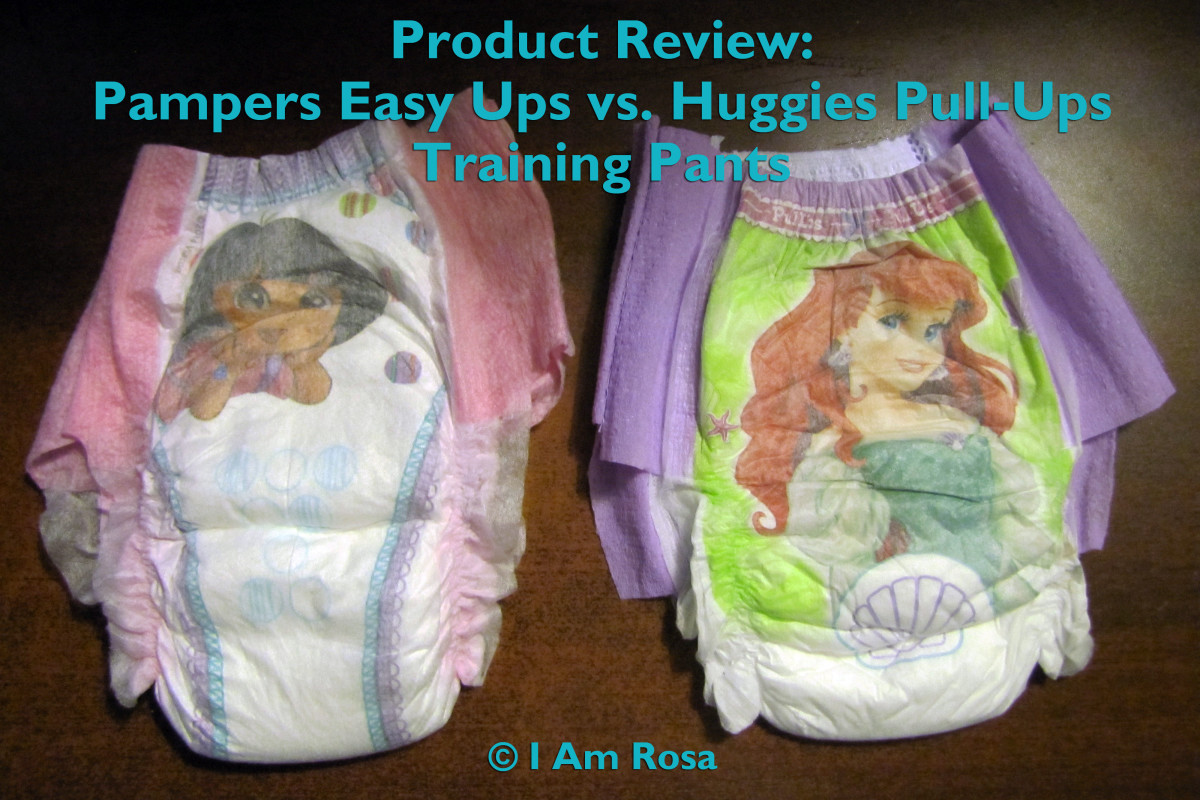Reflux in Babies

Seeing your child in pain is always distressing. No parent likes to see their baby crying for prolonged periods of time. One possible cause for discomfort in babies is reflux. This is when a baby brings up a small amount of milk or perhaps a little vomit after feeding.
Baby reflux is a common problem. It it is usually only a temporary ailment, but it can be very distressing in a little one. Let's take a look at what you need to know about baby reflux and run through a few possible ways you can deal with it.
When Should I See a Doctor about Reflux in My Baby?
You should see a doctor if your baby:
- Has frequent reflux.
- Does not gain weight normally.
- Is irritable during or after feeds.
- Regularly vomits large amounts up to two hours after feeds.
- Refuses feeds, but will suck on a dummy.
What is Reflux?
Reflux is what happens when the stomach contents - food and acid - came back into the mouth. It is common in babies because the muscular valve at the end of their food pipe, which keeps food in the stomach, hasn't developed properly.
Occurring in both formula-fed and breastfed babies, reflux is usually only a temporary problem. During a baby’s first year, the muscular valve gets stronger, so the likelihood of baby suffering from reflux decreases.
How Long Does Reflux Last in Babies?
Mild reflux is common in babies, but it is usually only temporary. Reflux has usually gone by about the age of seven months because your baby is old enough to sit up or is eating solid foods. By a few months after your little one has started walking, the reflux should have stopped.
How Can I Stop My Baby's Reflux?
- Keep your baby upright. To ensure your baby keeps the contents of her stomach down, you will need to keep her upright for as much time as you possibly can. This is especially true for the 30 minutes after each feed. Holding your baby for the rest of the time is going to be pretty tiring. You can also use a baby carrier, such as the BabyBjorn Baby Carrier can help. Carried babies tend to cry less and crying will make reflux worse. Baby bouncers can help keep your little one at an angle rather than on her back. Try not to put her on a floor gym. The less time on her back, the better.
- Avoid pressure on your baby's abdomen. Avoid tight diapers and tight clothes. They put pressure on the stomach which can lead to reflux.
- Use smaller feeds. Feed your baby more frequently, but give her smaller feeds. If your baby's stomach is filled to capacity, she is more likely to suffer from reflux. If your baby is putting on weight well, then give her smaller amounts (at least 1 ounce less than usual).
- Cut out cow's milk. An allergy or intolerance to cow's milk can cause the same symptoms as reflux. If you breastfeed, you may have give up drinking cow's milk for a while. If your baby uses formula milk you may want to try a hypoallergenic formula (a formula which is likely to cause fewer allergies).
- Use an infant antacid. Antacid can be added to expressed breastmilk or formula milk on order to reduce acid.
- Put your baby in a better sleep position. Try to elevate the head of your baby when she sleeps. The Dexbaby Safe Lift Universal Crib Wedge elevates baby's head for easier breathing and better digestion which helps prevent reflux.
- Soothe Your Baby. If your little one is suffering from reflux, she needs plenty of soothing. Do everything you can to make her feel calm. Use white noise, swaddling, pacifiers and maybe a baby swing. Reflux babies are very sensitive and need all the soothing you can give.




